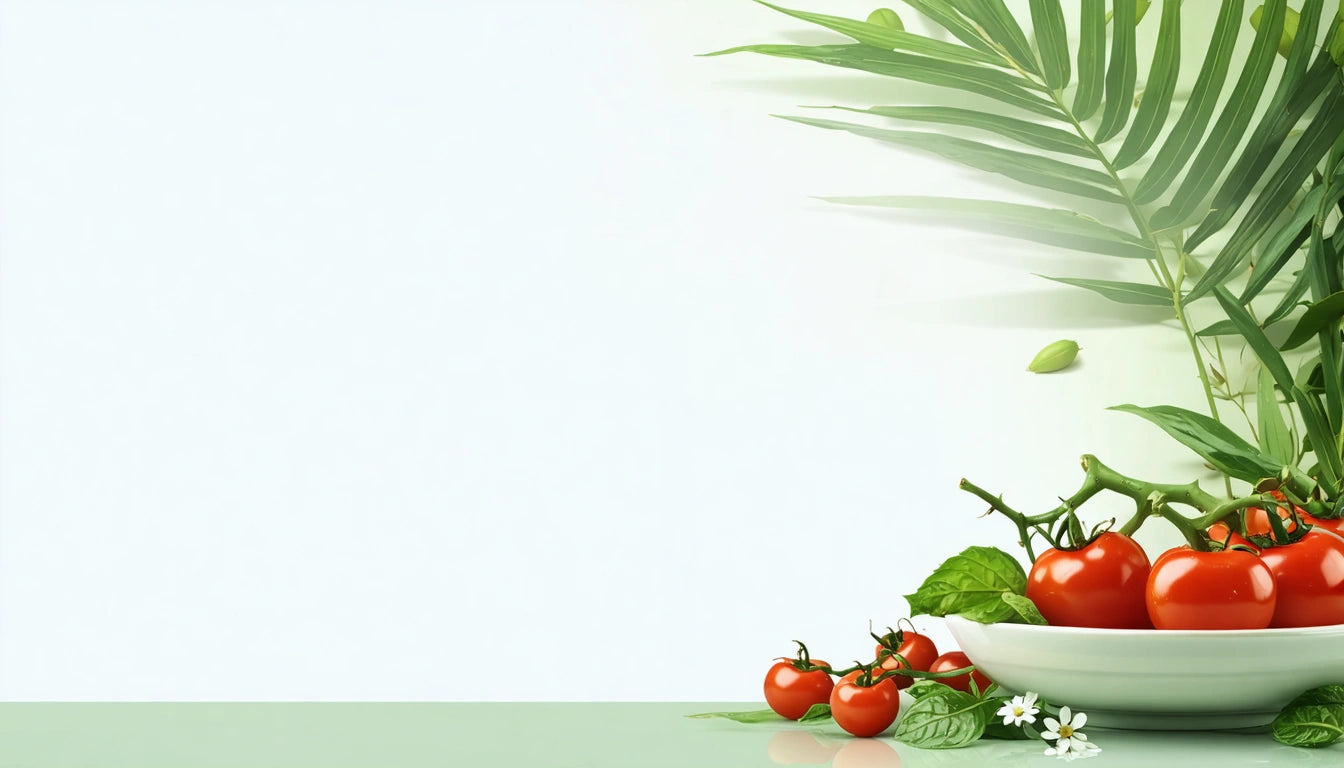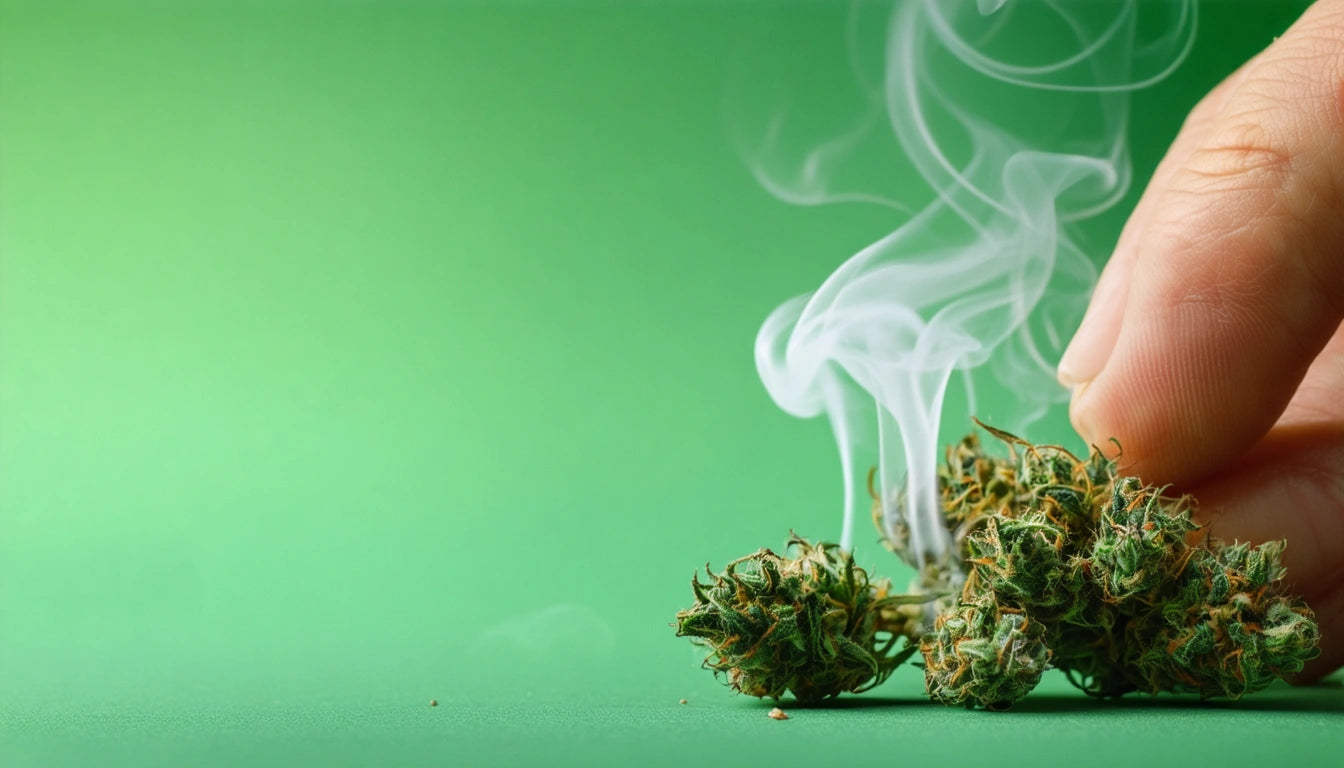Table of Contents
Top Menu Design and Layout Ideas for a Stunning Presentation
A well-designed menu serves as more than just a list of offerings. It's a powerful marketing tool that influences customer decisions, communicates brand identity, and enhances the overall dining experience. Creating the best menu design requires thoughtful consideration of psychology, aesthetics, and functionality to guide customers toward a satisfying experience.
Understanding Menu Design Psychology
The psychology behind menu design is fascinating and impactful. Studies show that customers typically scan menus in a predictable pattern, often referred to as the "Golden Triangle." This pattern focuses attention on the top right corner, middle, and top left sections of a menu.
Strategic placement of high-margin items in these areas can significantly increase their selection rate. Additionally, the removal of currency symbols and price listing methods can reduce "price pain" and encourage higher spending.
Essential Elements of Effective Menu Design
Typography and Readability
The foundation of any successful menu begins with legible typography. Experts recommend:
- Using no more than 2-3 complementary fonts
- Ensuring adequate font size (minimum 12pt for body text)
- Creating clear hierarchy with font weights and sizes
- Avoiding script fonts for main menu items
Remember that while decorative fonts might seem appealing for menu designing ideas, they can frustrate customers if they impede readability.
Color Psychology
Color choices significantly impact appetite and mood. Consider these psychological effects:
- Red and orange stimulate appetite
- Blue tends to suppress hunger
- Green suggests freshness and health
- Brown and earth tones evoke comfort and reliability
When selecting a color scheme for your menu layout ideas, align your choices with your restaurant concept and the emotional response you want to evoke.
Strategic Layout Approaches for Maximum Impact
The physical organization of your menu dramatically influences the customer experience. Consider these proven layout strategies:
Categorization and Grouping
Logical categorization helps customers navigate options efficiently. Beyond traditional categories (appetizers, entrees, desserts), consider:
- Flavor profiles (spicy, savory, sweet)
- Dietary preferences (vegetarian, gluten-free, keto-friendly)
- Portion sizes (small plates, shareable)
- Signature vs. seasonal offerings
When implementing these menu layout ideas, ensure consistent spacing and clear visual dividers between sections. Our team at Marijuana Packaging has observed similar organizational principles being effective when displaying various cannabis grinding equipment options for dispensaries looking to optimize their product presentations.
Strategic Item Placement
Not all menu positions are created equal. To maximize profitability:
- Place high-margin items at the beginning or end of categories (primacy/recency effect)
- Use visual cues like boxes, illustrations, or color changes to highlight specials
- Position premium items in the upper right quadrant
- Create a separate box for signature dishes to draw attention
These placement strategies subtly guide customer choices while maintaining the impression of free selection.
Creative Menu Decoration Ideas
Decoration elevates a functional menu to a memorable brand touchpoint. Consider these menu decoration ideas:
Visual Elements and Imagery
Strategic use of images can increase sales of featured items by up to 30%. For maximum effect:
- Use high-quality, professionally shot food photography
- Limit images to special or signature items to maintain focus
- Consider illustration style that matches your brand aesthetic
- Use icons to indicate dietary information or spice levels
When implementing creative decoration ideas, ensure they enhance rather than distract from the essential information.
Material Selection and Finishing Touches
The physical qualities of your menu contribute significantly to perceived value:
- Premium paper stock communicates quality
- Consider texture elements like embossing or letterpress
- Protective finishes extend menu lifespan
- Binding options (single page, bifold, multiple pages) should match practical needs
For casual establishments, creative alternatives like menus on chalkboards, tablets, or unique materials can become conversation pieces that enhance the dining experience.
Current Menu Design Trends Worth Implementing
Stay current with these contemporary approaches to menu design:
Minimalist Elegance
The trend toward simplification continues to dominate the best menu designs. This approach features:
- Ample white space
- Concise, evocative dish descriptions
- Limited, carefully selected imagery
- Refined typography with clear hierarchy
This clean approach reduces decision fatigue and elevates the perceived sophistication of your offerings.
Digital Integration
Modern menu designing ideas increasingly incorporate digital elements:
- QR codes linking to expanded information or videos
- Augmented reality features showing 3D dish presentations
- Digital menus allowing for real-time updates and customization
- Integration with ordering systems
These technological enhancements can reduce printing costs while providing richer information to customers. For inspiration on innovative presentation approaches, explore top packaging designs and materials that showcase similar principles.
Implementing Your Menu Design for Maximum Impact
The most beautiful menu design is only effective if it aligns with your operational capabilities and customer expectations. Before finalizing your design:
- Test readability in your actual lighting conditions
- Gather feedback from staff and trusted customers
- Ensure descriptions accurately represent the dishes
- Confirm that pricing strategy aligns with your business model
- Plan for seasonal updates and special promotions
Remember that menu design is not a one-time project but an evolving tool that should adapt to customer preferences, ingredient availability, and market trends. By thoughtfully applying these principles and menu layout ideas, you'll create a menu that not only showcases your offerings but also enhances your brand story and drives business success.











Leave a comment
All comments are moderated before being published.
This site is protected by hCaptcha and the hCaptcha Privacy Policy and Terms of Service apply.